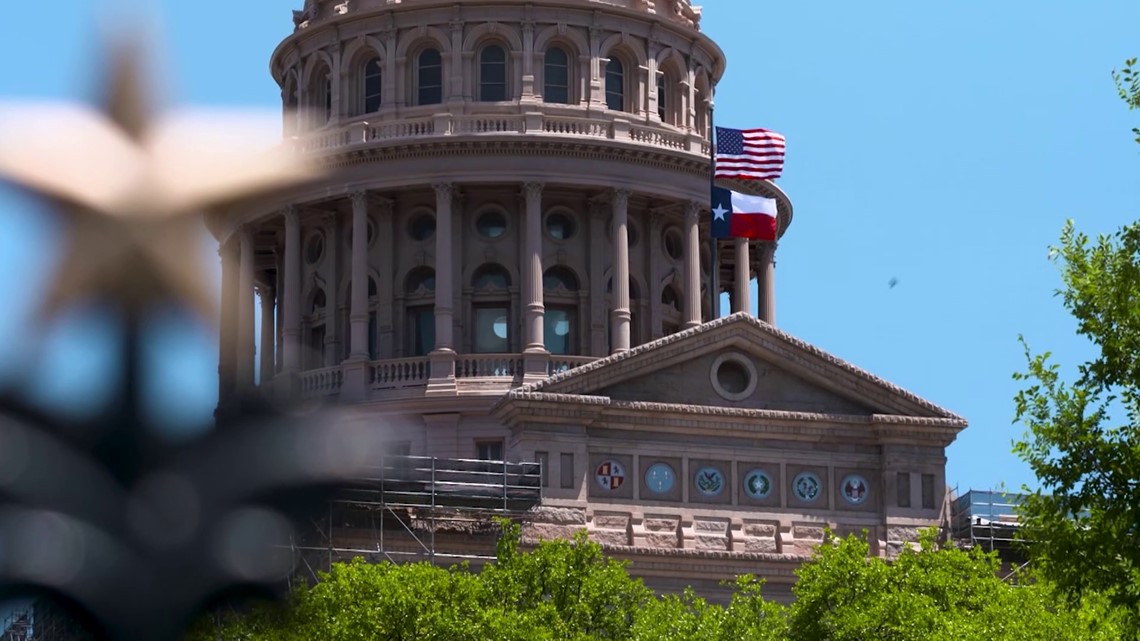
Federal action would be needed to make the change legal. Lawmakers at both the state and federal levels have debated the question for decades.
TEXAS, USA — This article was originally published by our content partners at the Texas Tribune. Read the original article here.
Texas lawmakers want to stop changing the clocks.
Texas senators approved House Bill 1393 on Thursday, which adopts permanent daylight saving time, doing away with the current practice of changing the clocks by an hour every spring and autumn.
Introduced by state Rep. Will Metcalf, a Republican from Conroe who introduced a similar bill during the last legislative session, the bill would eliminate the biannual clock changes for both parts of the state on Central Standard Time and on Mountain Standard Time. The law requires that this new time standard be referred to as “Texas Time.”
The bill now heads to Gov. Greg Abbott to be signed into law.
However, the bill cannot yet take effect because of a superseding federal law, the Uniform Time Act, that states that daylight saving time must begin and end on federally mandated dates.
“This is effectively a trigger bill waiting for change with the federal government,” state Sen. Paul Bettencourt, a Houston Republican who sponsored the bill, said before a Senate debate.
With the bill’s passage, Texas joins 18 other states that have adopted similar laws and there is interest to make the change at the federal level.
Last month, U.S. Sen. Ted Cruz advocated for eliminating the time changes during a Senate committee hearing on commerce, science, and transportation.
U.S. Sens. Patty Murray, a Washington Democrat, and Rick Scott, a Florida Republican, also introduced a bill adopting permanent daylight saving time, the Sunshine Protection Act, earlier this year.
This would not be the first time the U.S. adopted permanent daylight saving time. The country experimented with the lack of time changes in the 1970s during the Nixon administration as a way to conserve energy. But the experiment, which was meant to last two years, ended early as public opinion soured on permanent daylight saving time over concerns that children heading to school in the darkness were more susceptible to traffic accidents.
While polling shows most Americans support eliminating the time changes, state Sen. Nathan Johnson, a Dallas Democrat, urged lawmakers to rethink their support for the bill, pointing to studies that show that standard time is healthier as it aligns with the body’s natural circadian rhythms, which regulate sleep-wake cycles.
